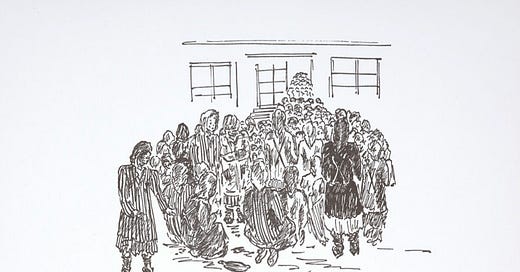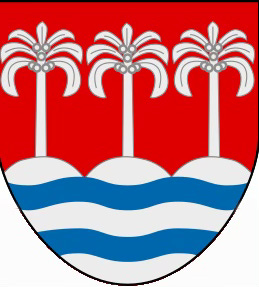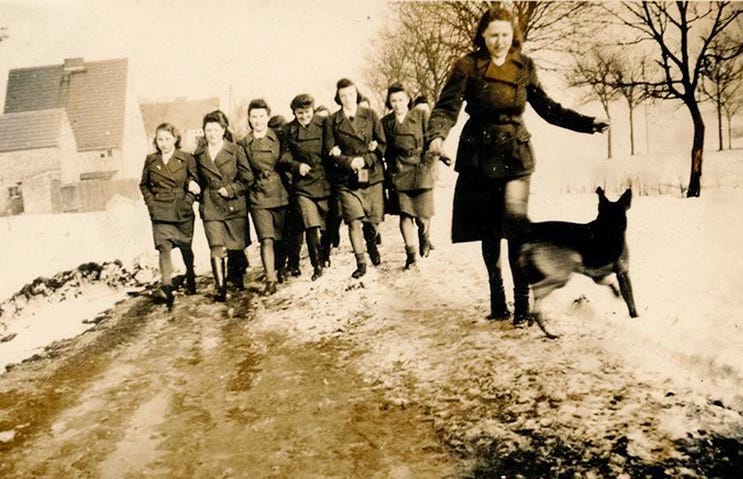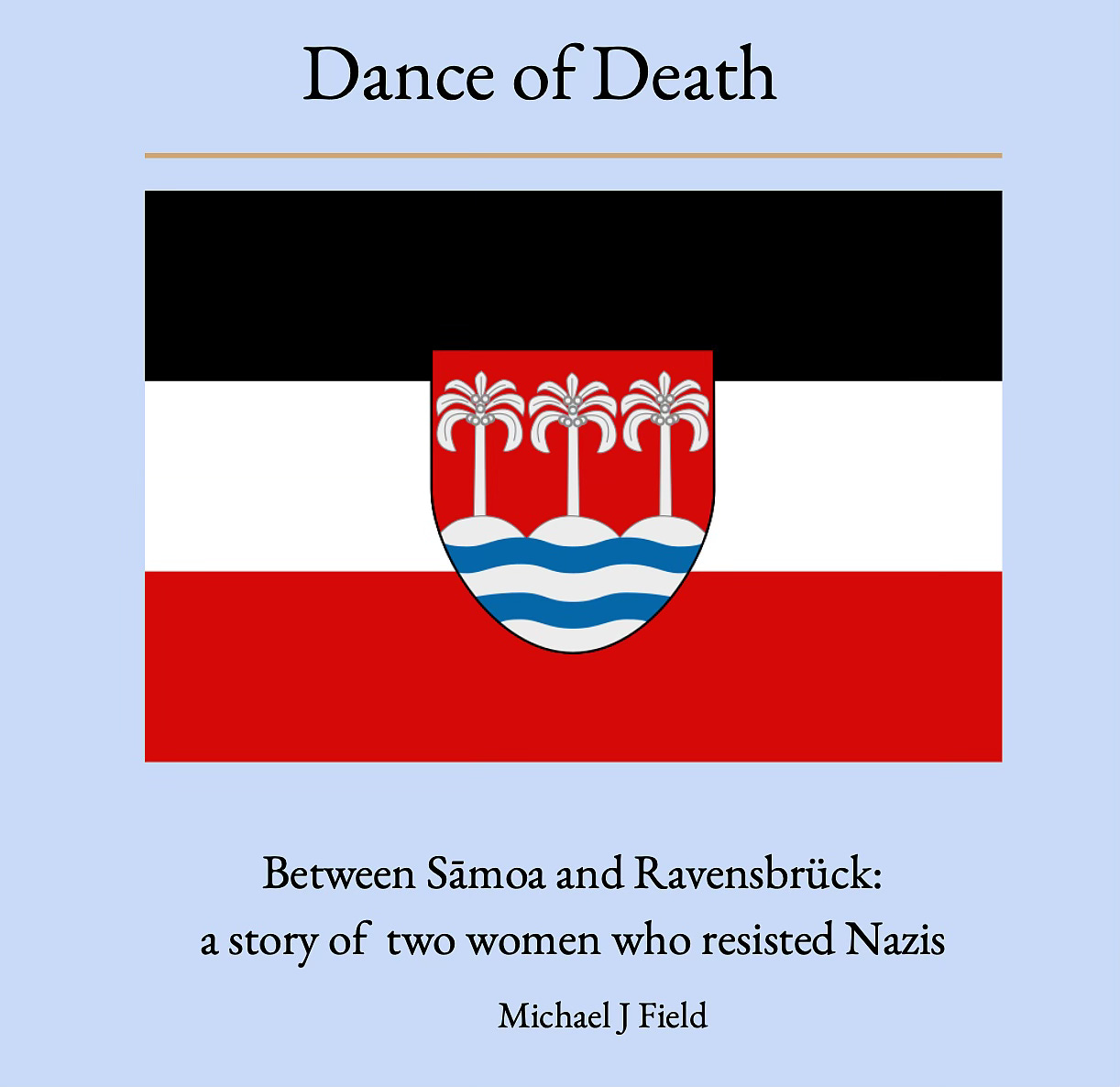Early in March 1944 Lagi was taken from the tower she had been held in and sent north.
Her aunt and the Partenkirchen housekeeper who had been pulled in by the Gestapo during the arrests were freed. Two Gestapo agents, a man and a woman, took Lagi on a regular passenger train. The woman, Lagi remarked, looked like Himmler. She turned out to be a niece. The passengers around them acted as if they were indifferent to the presence of the Gestapo, or chose not to notice. They talked about the air raids ‘and occasionally execrated the Nazis’. An air raid was underway as the train reached Berlin. The main Gestapo building had been hit and prisoners were being moved to a concentration camp Lagi north of the city.
‘They … wanted us to be safe from air raids so that they would not lose valuable information by any premature decease,’ Lagi said. At Berlin, Lagi and her escorts changed trains. Her male guard handed her the ticket, suitcase, and pocketbook, advising: ‘In case we get into different cars, don’t forget that you get out at Drogen,’ he said.
Sitting for two crowded hours at the station, Lagi found the situation grotesque. She had money, an ID card, baggage... yet she knew too well what the Gestapo was capable of if her mother were ever harmed. So, she stayed on the train.
At Drogen station, a police car waited to whisk her away to her new prison: Ravensbrück, “Hitler’s concentration camp for women.” Located off the road to Rostock on the Baltic - 160 km north of Berlin - it had a deceptive difference to the chaos of the capital.
‘Women arriving in the night sometimes thought they were near the coast because they tasted salt on the wind; they also felt sand underfoot,’ Sarah Helm wrote in her landmark book on Ravensbrück, If This Is a Woman. ‘When daylight came they saw that the camp was built on the edge of a lake and surrounded by forest. Himmler liked his camps to be in areas of natural beauty, and preferably hidden from view.’
Keep reading with a 7-day free trial
Subscribe to Michael Field's South Pacific Tides to keep reading this post and get 7 days of free access to the full post archives.






